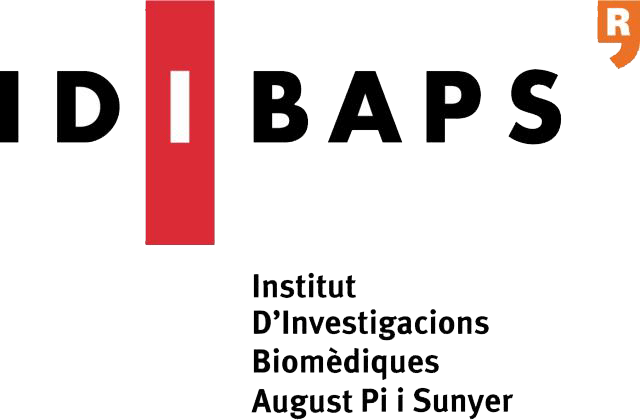Cancer genomes play an important role in defining tumor immune features, and therefore may determine the response to immunotherapy. Immune response to cancer is highly complex and in many cases is modulated by genomic alterations and the organ of origin. Immunogenomics aims at understanding the interplay between the cancer genome and the immune system, with the ultimate goal to identifying those tumors that may benefit of immunotherapy.
PCIG uses immunogenomics to learn about the singularities of the immune response to cancer. By analyzing whole-genome sequencing data available for more than 2,800 samples spanning up to 40 different cancer types from the PCAWG study, PCIG surveys to what extent somatic mutations, copy number alterations and structural variants are defining the spectrum of immune responses inferred from gene expression signatures. The ultimate goal of PCIG is to provide clinical research groups a user-friendly tool for visualizing the relationships between cancer genomic traits and immune-related phenotypes to better interpret tumor immunogenicity.
Cite PCIG
Please, cite our paper at Bioinformatics:
Anna Pedrola, Sebastià Franch-Expósito, Sara Lahoz, Roger Esteban-Fabró, Rodrigo Dienstmann, Laia Bassaganyas, Jordi Camps. PCIG: a web-based application to explore immune-genomics interactions across cancer types, Bioinformatics, 2022;, btac111, https://doi.org/10.1093/bioinformatics/btac111
PCIG team



Anna Pedrola Gomez
annapedrolagomez@gmail.com
Vall d'Hebron Institute of Oncology - Biomedical Engineer
Jordi Camps
jcampspo@gmail.com
IDIBAPS group leader - Associate Professor at Universitat Autonoma de Barcelona


